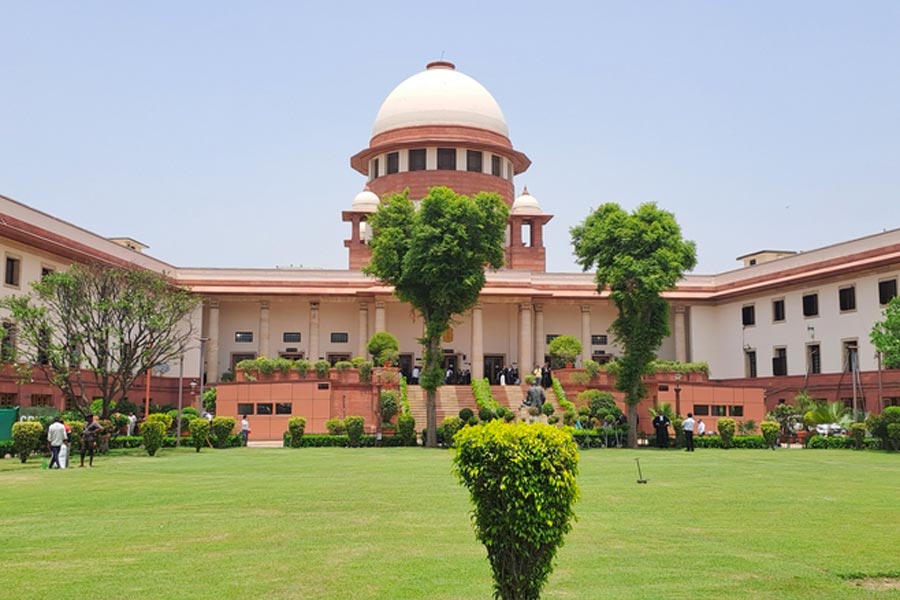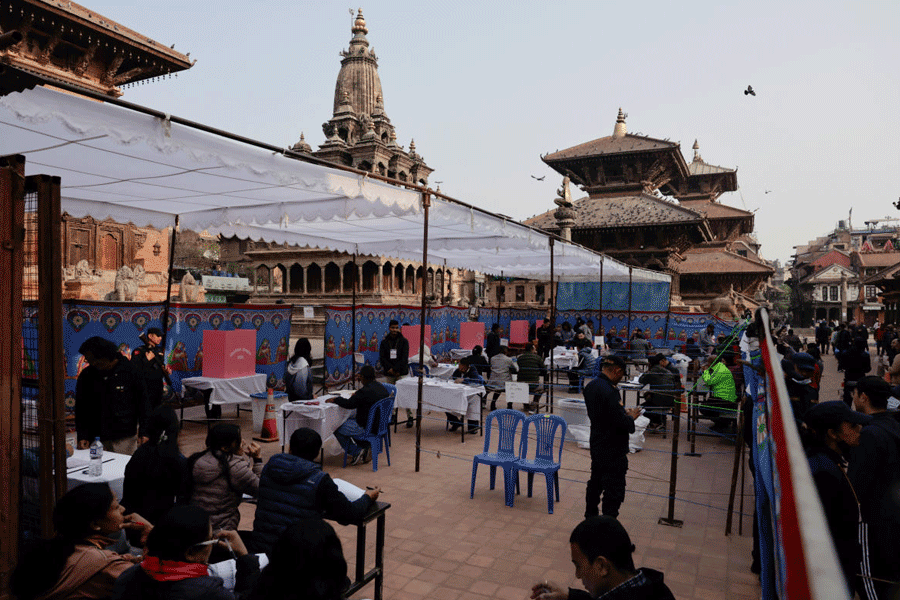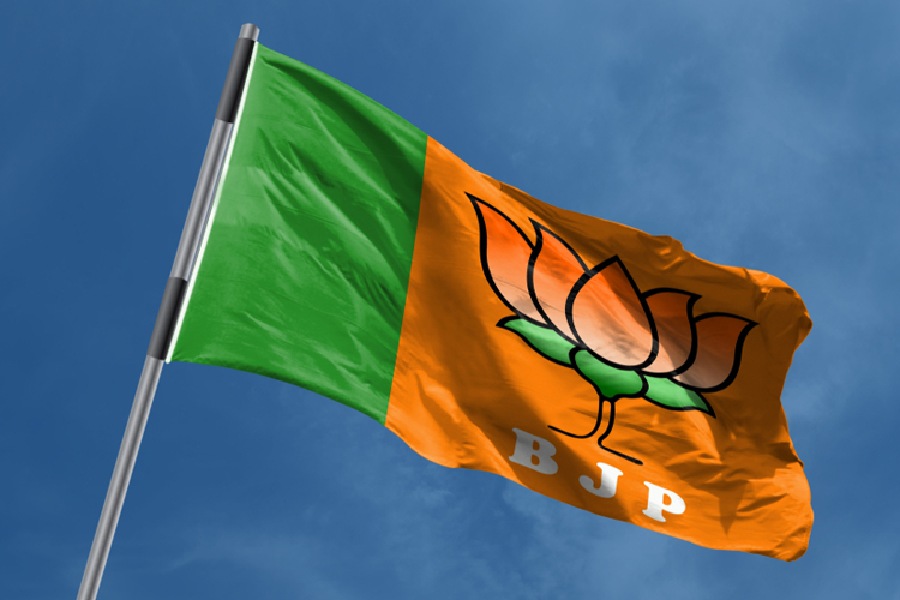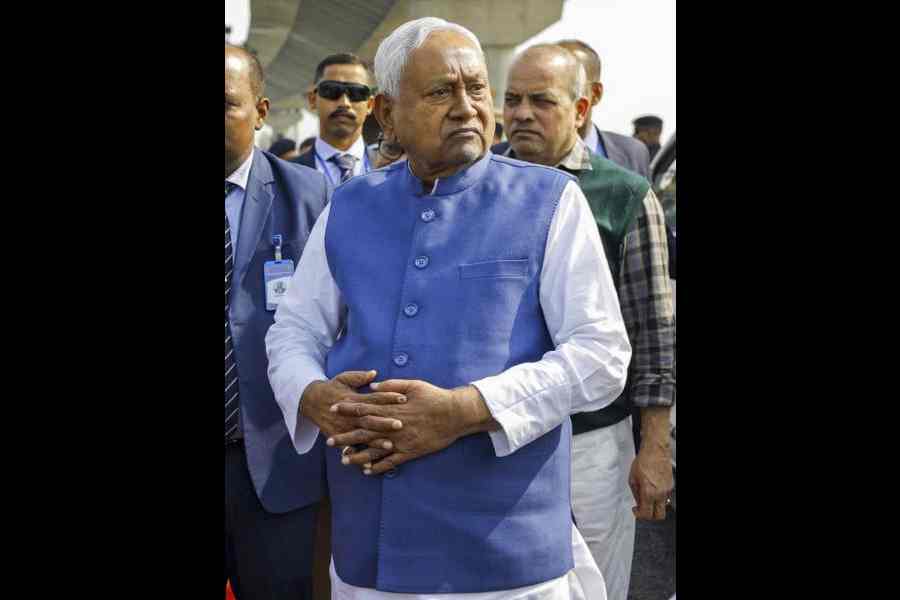Corrupt intentions can subvert the highest ideals. The Constitution, in two of its articles, had stated that no legislator in Parliament or the assemblies would be liable to prosecution in any court for anything that he or she said or voted for in the Houses or their committees. The Jharkhand Mukti Morcha member, Sita Soren, filed a plea in the Supreme Court against the Jharkhand High Court’s refusal to quash charges against her under the Prevention of Corruption Act for having taken a bribe for a vote in the Rajya Sabha. Incidentally, she did not vote as promised. Ms Soren’s plea was based on the 1998 Supreme Court judgment that interpreted the constitutional provisions to mean that legislators could enjoy immunity from prosecution for corruption even if they offered or accepted bribes related to their actions within their respective Houses. The 1998 bench had five judges, two of whom went against the majority verdict. As the amicus curiae reported in the present case, what emerged from the earlier verdict was that a legislator whose actions did not comply with the understanding behind the bribe was open to prosecution.
The five-judge bench this time included the Chief Justice of India. The court reportedly decided that the 1998 verdict needed to be reconsidered by a seven-judge constitutional bench. The Constitution wished to ensure a legislator’s freedom within the House to speak or vote without fear of consequences. The assurance of such freedom alone should be the basis for immunity. It did not mean that legislators were above the criminal laws of the land to which all citizens were subject — that they had higher privileges. The decline in morality among politicians had made such expectations possible. Offering, demanding and accepting bribes are all crimes; whether or not a legislator acts according to the bribe-giver’s wishes is beside the point. The CJI reportedly said that this was an opportunity to set the law right. The next chance could come two decades later. The Supreme Court’s decision and the CJI’s comment suggest that cleansing Parliament of criminality can be done through means other than just monitoring legislators’ backgrounds. Given the disinterest in ethics and responsibility among legislators, the task is urgent. Reconsidering the Supreme Court’s own interpretation may be a step in that direction.











